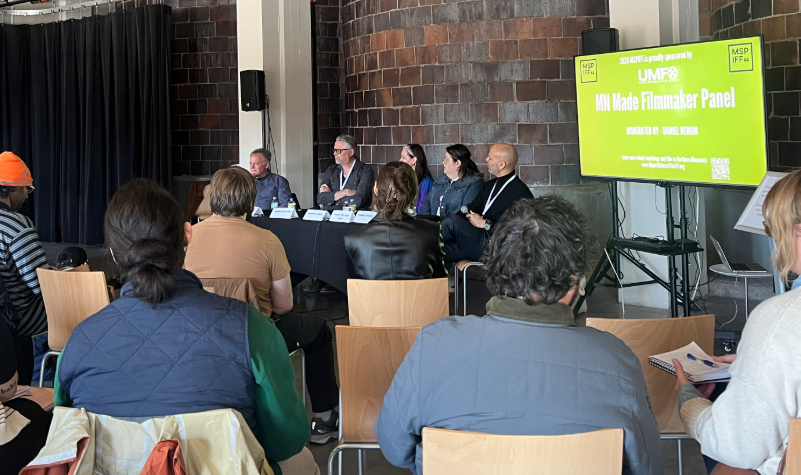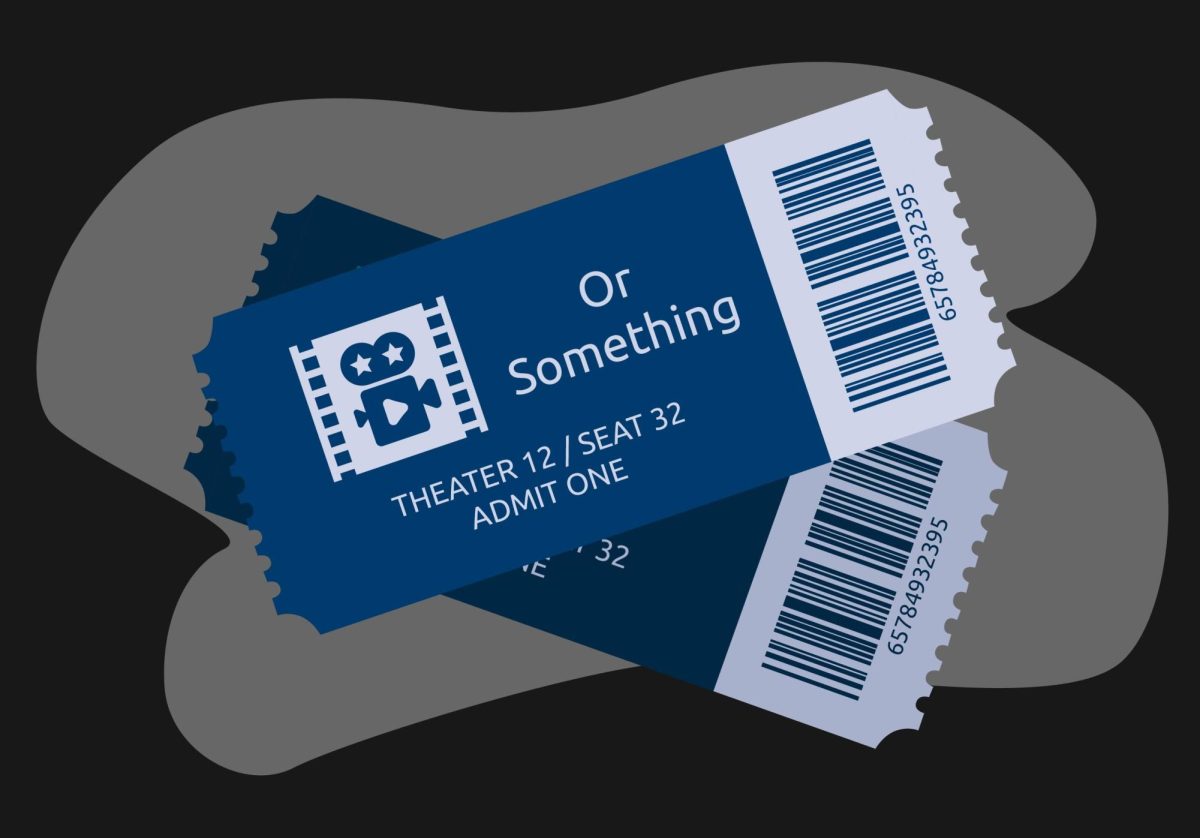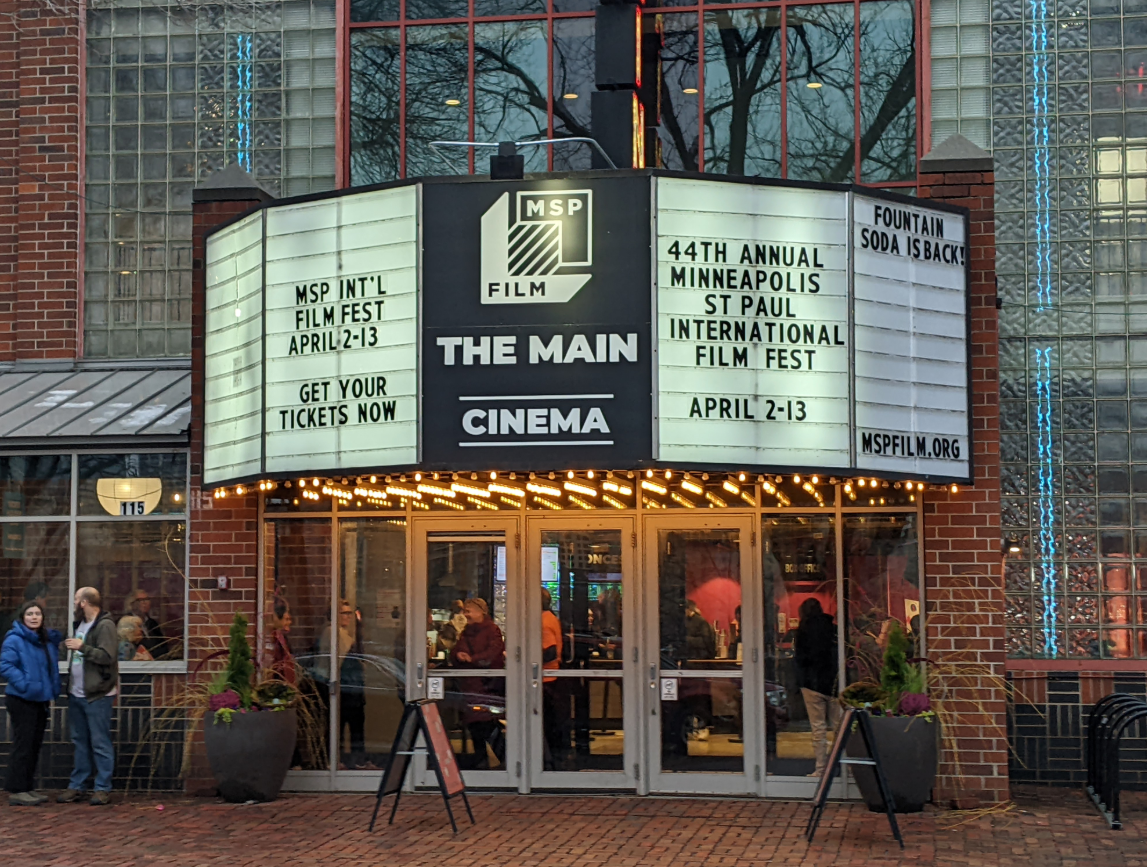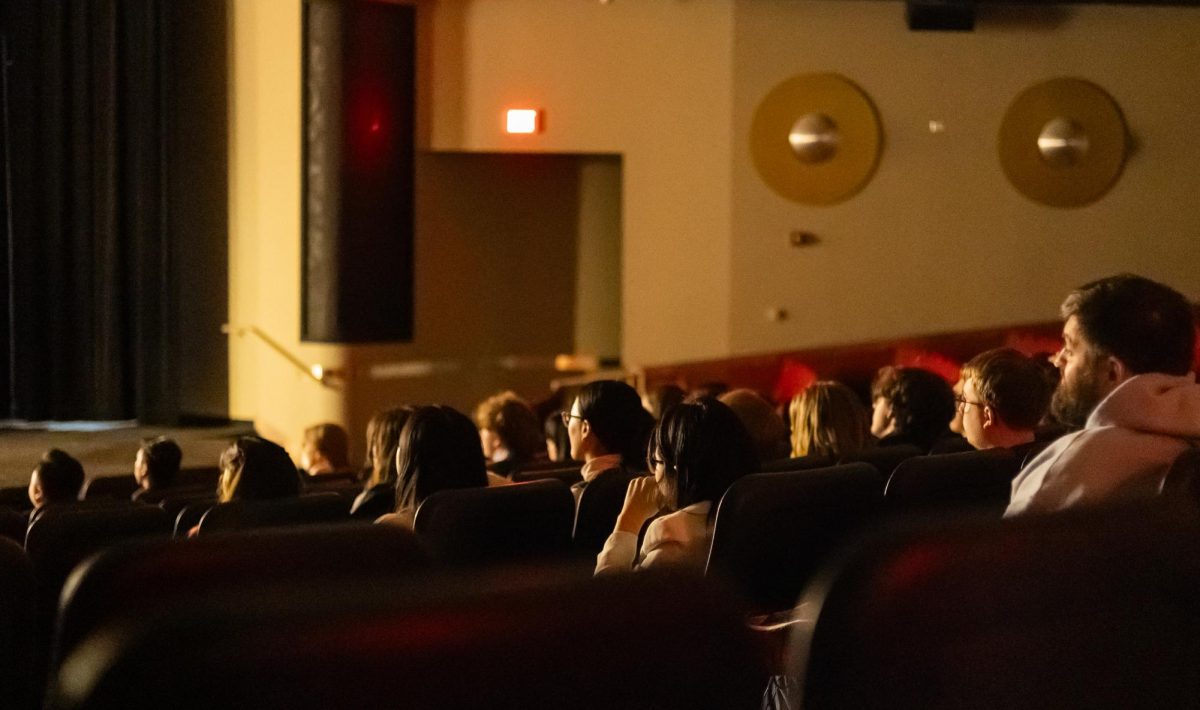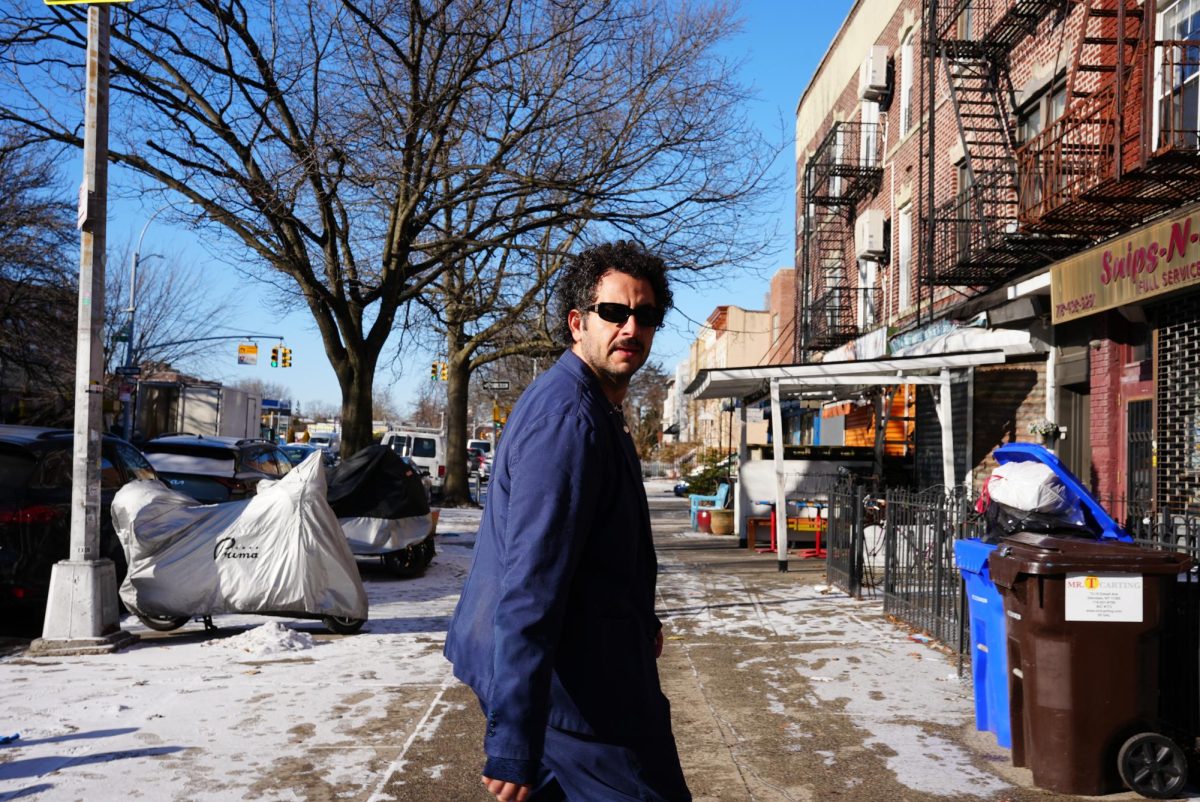Aspiring and experienced filmmakers and actors gathered to network and talk about the aspects of filmmaking at A-Mill Artist Lofts for the Minneapolis-St. Paul International Film Festival filmmaker panels on Saturday.
From tips on breaking into the film industry to Minnesota-made filmmaking experiences, MSPIFF collaborated with the Upper Midwest Film Office to hold four filmmaker panels free to the public.
Actress Angela Garza, who graduated from the University of Minnesota with a degree in studies in cinema and media culture last year, went to the panels to network and seek a job as a production assistant.
During the first panel, “Breaking and Entering: How to Get Started in the Industry,” the filmmakers talked about the importance of creating and maintaining professional connections in the industry.
“You just have to really get into people’s inboxes and reach out to them and reach back out to them again,” Garza said.
The film community on the University of Minnesota campus is really small, Garza said. She feels there were not enough opportunities to network or enough structure to break into the film industry within her major.
To Garza, events like the filmmaker panels are great opportunities for students and those who get into filmmaking to network.
Paul Ngang, 20, has been networking and working on sets since he graduated from high school. He went to the panels to grow his skillset. He has directed short films but is now looking to get into acting and submit to festivals.
The panel “Swiss Army Knife Filmmakers,” a panel about the importance of having a diverse skill set, was particularly helpful to Ngang. He believes more young people should take advantage of events like these.
“Students and young people belong in these spaces,” Ngang said.
Jiccarra Hollman, 33, recently acted in a short film co-directed by Ngang. She is an actress looking to expand her skills in filmmaking and went to the panels to chat with other filmmakers.
“This is a great opportunity to meet filmmakers that have been doing this much longer than we have,” Hollman said. “Learn from them. Soak up as much information as possible. Be a sponge. Pick their brains. Maybe some of them will become mentors.”
During the third film panel, “MN Made Filmmaker Focus,” Minnesota filmmakers talked about their experiences in writing, directing and producing films. They talked about the importance of diversifying crews and stories. Additionally, they said taking care of your crew and feeding them is crucial.
For the last panel on tips on how to enter films into film festivals, three film festival programmers came to talk and answer questions.
Kelly Nathe from MSPIFF said film festivals are great places to network. Other panelists, Jim Brunzell from Sound Unseen and Andrew Peterson from Provincetown Film Fest, agreed. They also talked about personalizing cover letters and when to submit a film to a festival.
“We are an audience-driven festival,” Nathe said on the panel. “We are about celebrating film, bringing in filmmakers, so you get to talk to them.”
During “Swiss Army Knife Filmmakers,” a makeup and special effects artist raised their hand and asked the filmmakers how they plan to bring more of the film industry to Minneapolis.
Panelist Matt Olson said filmmakers and set workers need to reach out to state agencies, like Explore Minnesota, to let the state know people want to build up the film industry in the Twin Cities.
Another panelist, Matt Osterman, said filmmakers need to stop waiting for the industry to appear in Minneapolis.
“Let’s not wait for the white knight on the coast to do it,” Osterman said. “Let’s do it ourselves.”


